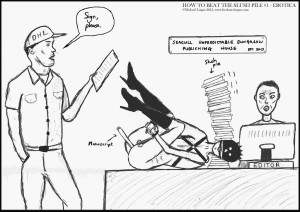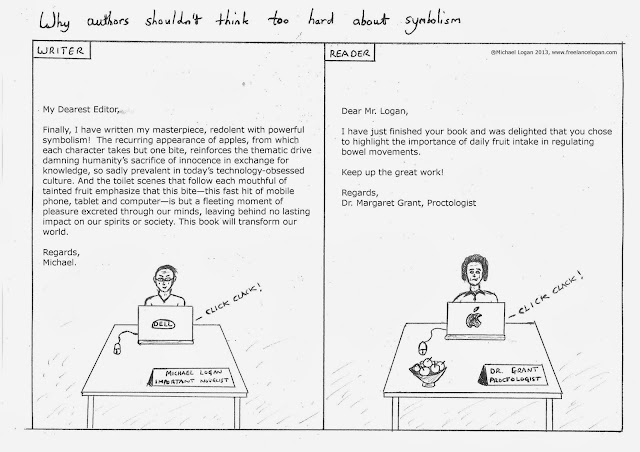I wrote the short story linked to below specifically in response to a call by The Book Smugglers for superhero fiction. It made the longlist, but not the final cut. Now, I could shop it around, but I lack the patience. So I am posting it here.
Consider it a teaser for the upcoming paperback release of Wannabes, which deals with similar themes.
Enjoy, share, and encourage people to buy my books before I need to sell a child on the black market.

